Ways to reduce your plastic waste and save money at the same time by University of Worcester students Bethany Leek (Words) and Phoebe West (Digital Media)
Plastic waste is a huge issue for our planet. With plastic bottles taking up to 450 years to decompose, plastic waste can cause serious and long-lasting damage to our ecosystems.
We have seen some exciting steps being taken to move away from single-use plastics in recent years, but with the onset of the Covid-19 pandemic, single-use plastics are back on the rise. Now more than ever, it’s important we all work to reduce our plastic consumption. Read on to learn how you can do this, and save money at the same time!

Covid-19 has led to a rise in plastic waste
On walks home from my local town, I have discovered a new wave of plastic waste in the form of disposable masks and gloves.
I realised that in my weekly shop I am buying more plastic packaged food, and fed up with life during a pandemic, I have also developed more of an online shopping habit. To find out if I was the only one whose habits have changed during the pandemic, I took to the local public with some questions.
I asked the local public how their habits have changed since the beginning of Covid-19.

Am I the only pandemic shopaholic?
Of the people I asked, 45% have been shopping more during the pandemic and 77% of these said that this was done online. Additionally, 54% said they have been ordering food online as a more Covid-secure alternative to in-person shopping. This extra online shopping is likely to create more plastic waste from packaging.
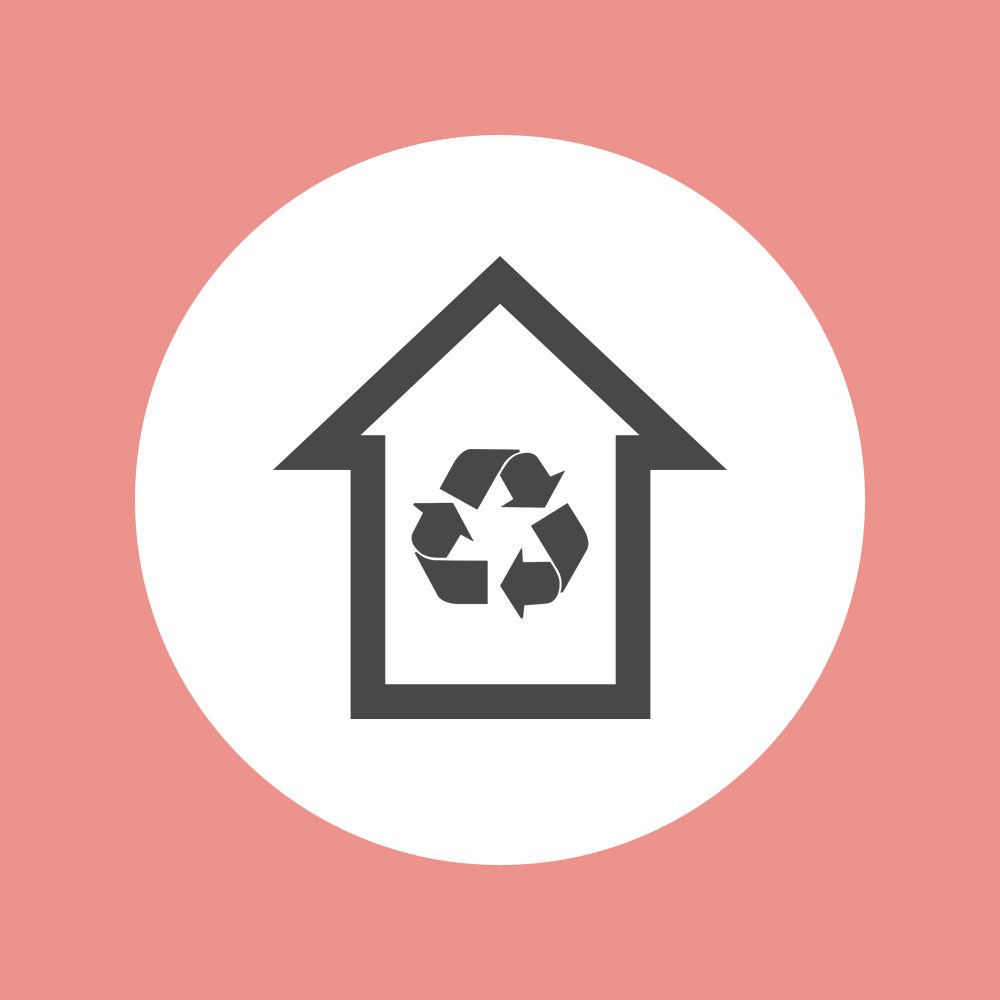
Are households producing more waste?
Over half of people agreed that their household may be producing more waste during the pandemic. Reasons for this included: more online shopping, uncollected food compost, and buying packaged items. However, a very promising 94% of people said that they had maintained a recycling habit.
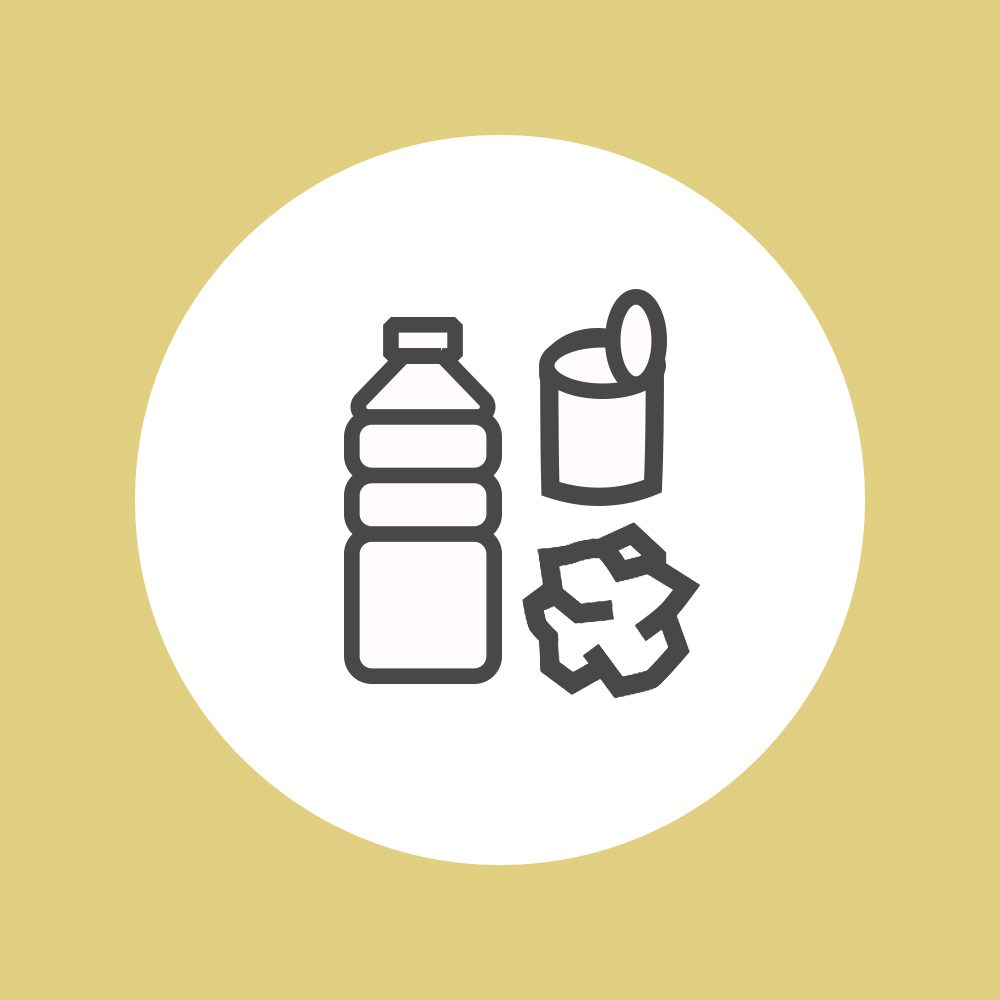
Do we have a plastic waste problem in the UK?
Reading these statistics, you may already be shouting the answer in your head. YES! Obviously we do! A recent article from The Guardian stated that in the UK, 99kg of plastic waste is created per person each year. This makes the UK second to the USA for how much plastic waste its citizens produce.
So, how can you reduce your plastic waste?
Read on for some great ideas on how to reduce your plastic waste or download our guide here.
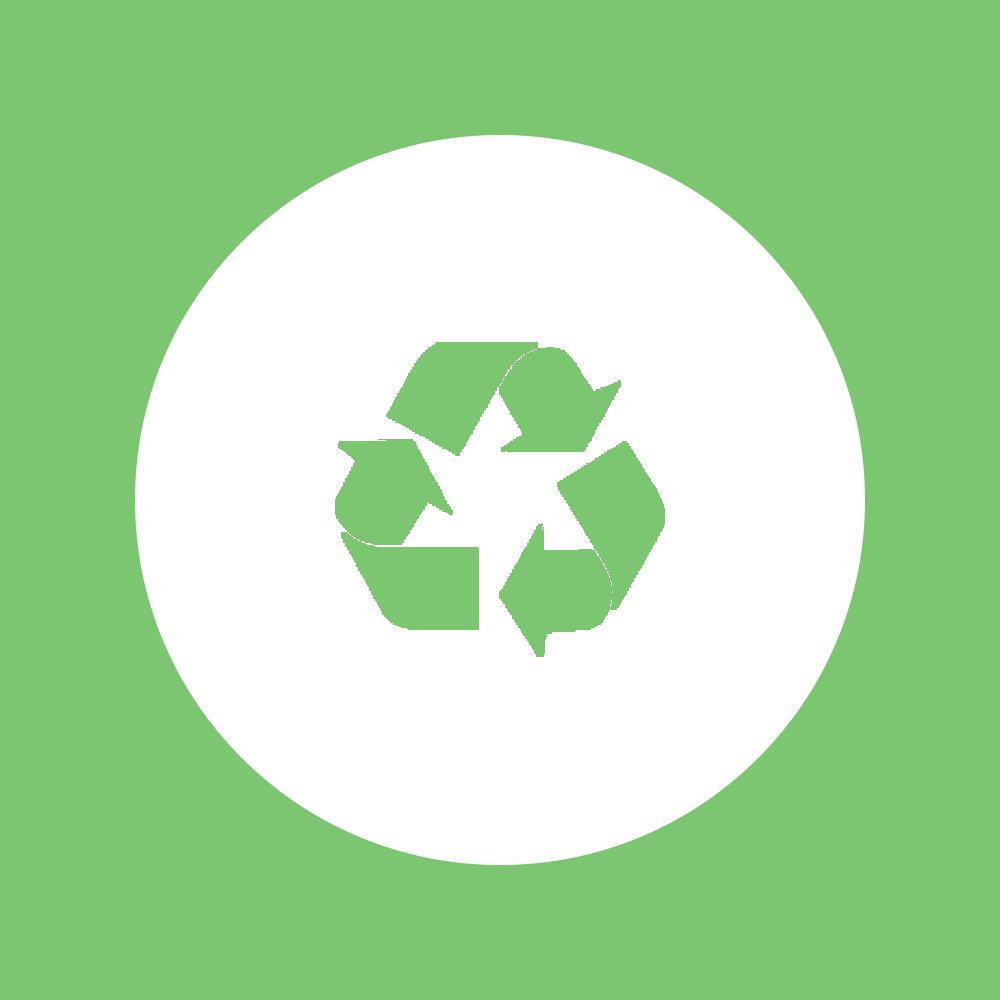
1. Keep recycling
Firstly, begin or continue to recycle daily and encourage others to do so.
You can find lots of information on how to recycle plastics at recyclenow.

2. Buy in bulk
When you do your weekly food shop, buy food in bulk if you can.
This reduces plastic waste associated with more individual plastic packaging.
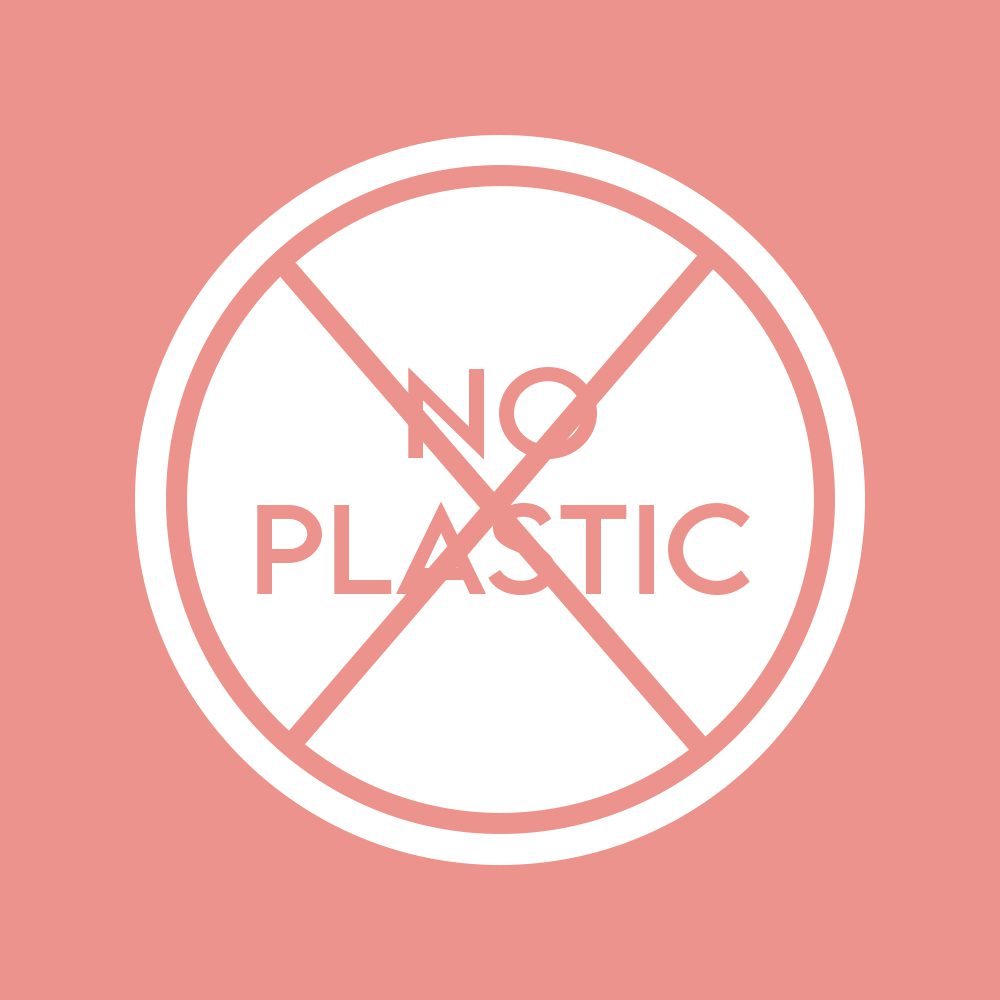
3. Ask for no plastic bags
Some online shopping providers give the option of using no plastic bags with your order.
This is a simple step you can take to avoid unnecessary plastic use and reduce your plastic waste.

4. Have fewer takeaways
Avoid having takeaways. The plastic containers often can’t be recycled in your local kerbside recycling facilities.
Instead, try to cook from home. As well as learning a new skill, it is a cost-effective and fun way to reduce your plastic waste.

5. Use fabric, washable masks
Swap disposable plastic masks for reusable fabric ones. Simply wash your fabric mask when it needs a freshen up.
As well as saving you money in the long run, you can also have fun making your own.

6. Use a reusable water bottle
Finally, instead of buying bottled water, invest in a reusable bottle. Long-term this will save you money whilst you help the planet!
Many metal water bottles can also be used as flasks to keep your drinks hot or cold. For that reason, they are much more practical too!
Take a look at our resources below on why you should reduce your plastic waste and how to do this
Take a look at these useful guides from the University of Worcester.
To understand more about why plastic waste is a problem in the UK, watch this video.

The COVID-19 pandemic offers countries an opportunity to build recovery plans that will reverse current trends and change our consumption and production patterns towards a more sustainable future.
Learn more: Sustainable consumption and production
Sources
- Damian Carrington, US and UK citizens are world’s biggest sources of plastic waste – study, The Guardian October 2020. Available at: https://www.theguardian.com/environment/2020/oct/30/us-and-uk-citizens-are-worlds-biggest-sources-of-plastic-waste-study
- WRAP UK, Eliminating Problem Plastics, June 2019. Available at: https://www.wrap.org.uk/content/eliminating-problem-plastics
- Paul Crewe, How to reduce food waste: organise, categorise and love your leftovers, The Independent October 2016. Available at: https://www.independent.co.uk/news/uk/home-news/food-waste-sainsburys-waste-less-save-more-shelf-life-storage-a7382856.html
- UN Environment Programme, About the Sustainable Development Goals. Available at: https://www.unep.org/explore-topics/sustainable-development-goals/about-sustainable-development-goals
- UN Environment Programme, Sustainable consumption and production policies. Available at: https://www.unenvironment.org/explore-topics/resource-efficiency/what-we-do/sustainable-consumption-and-production-policies
Profiles

Words, Bethany Leek
Student at the University of Worcester studying English Literature and Creative Writing, with interests in painting, poetry, and using her writing to help the environment.

Media Creative, Phoebe West
Student at the University of Worcester studying Creative Digital Media, with interests in photography, illustration and wildlife conservation, with the goal of becoming a conservation photographer.
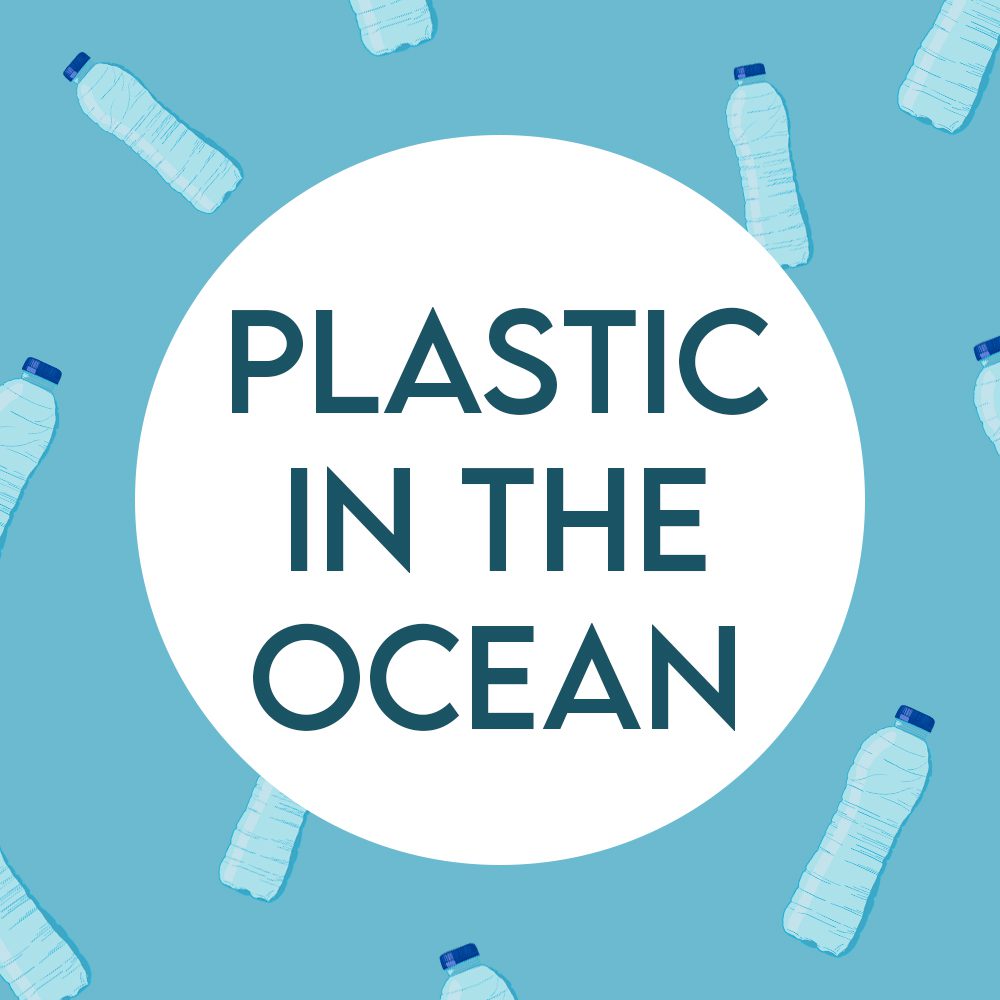
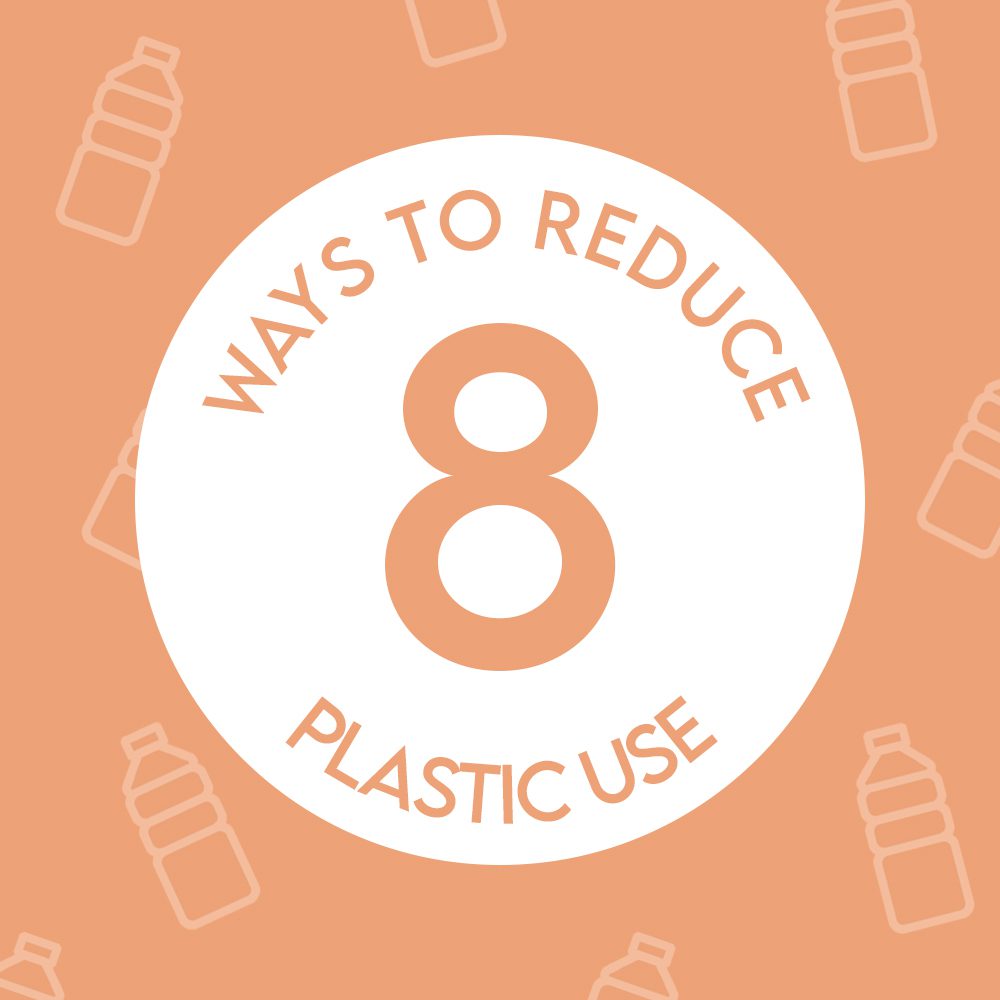
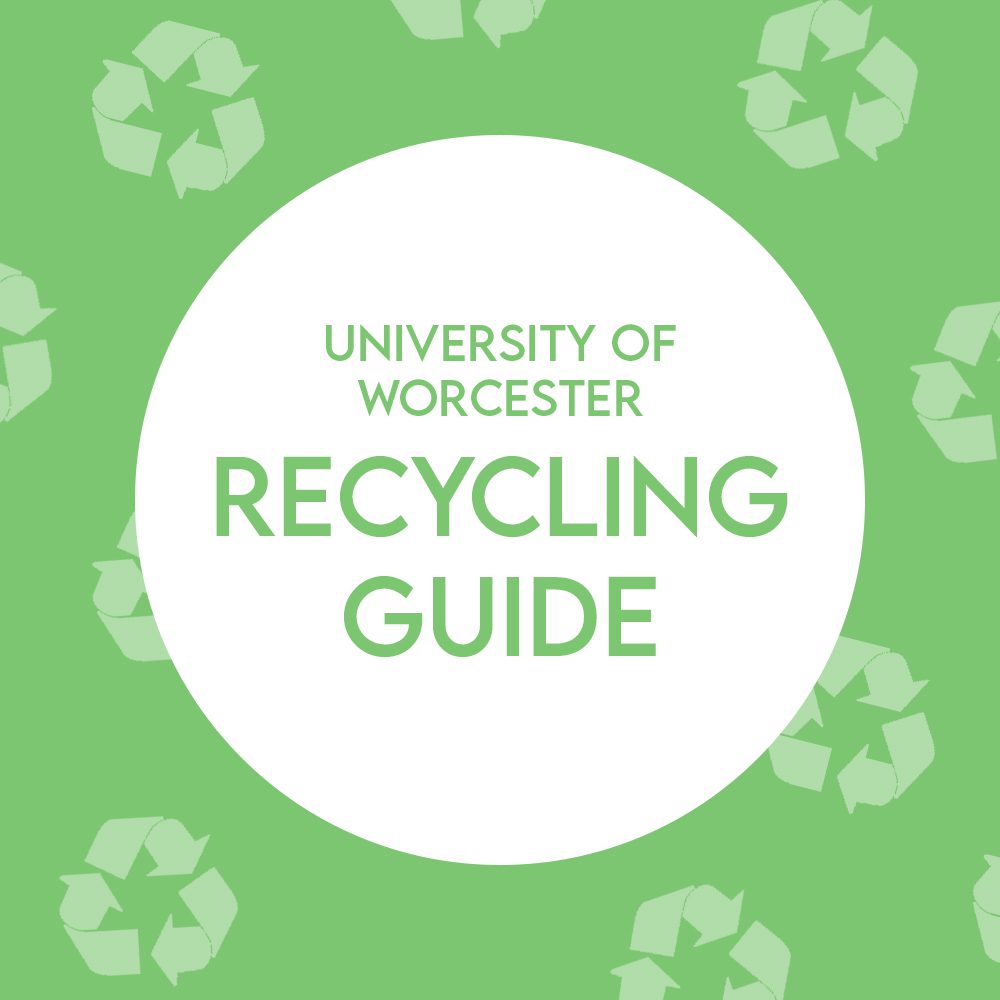
Phoebe’s graphics brought my writing to life! It looks great 🙂 So happy to write anything you need in the future! STO is looking amazing!
The piece looks brilliant, both you and Phoebe have done a great job! Thank you Bethany – we look forward to working on contributions with you in the future.
Hi Bethany, thank you for your comment. Really glad you like it and the at I could do your article justice 😁